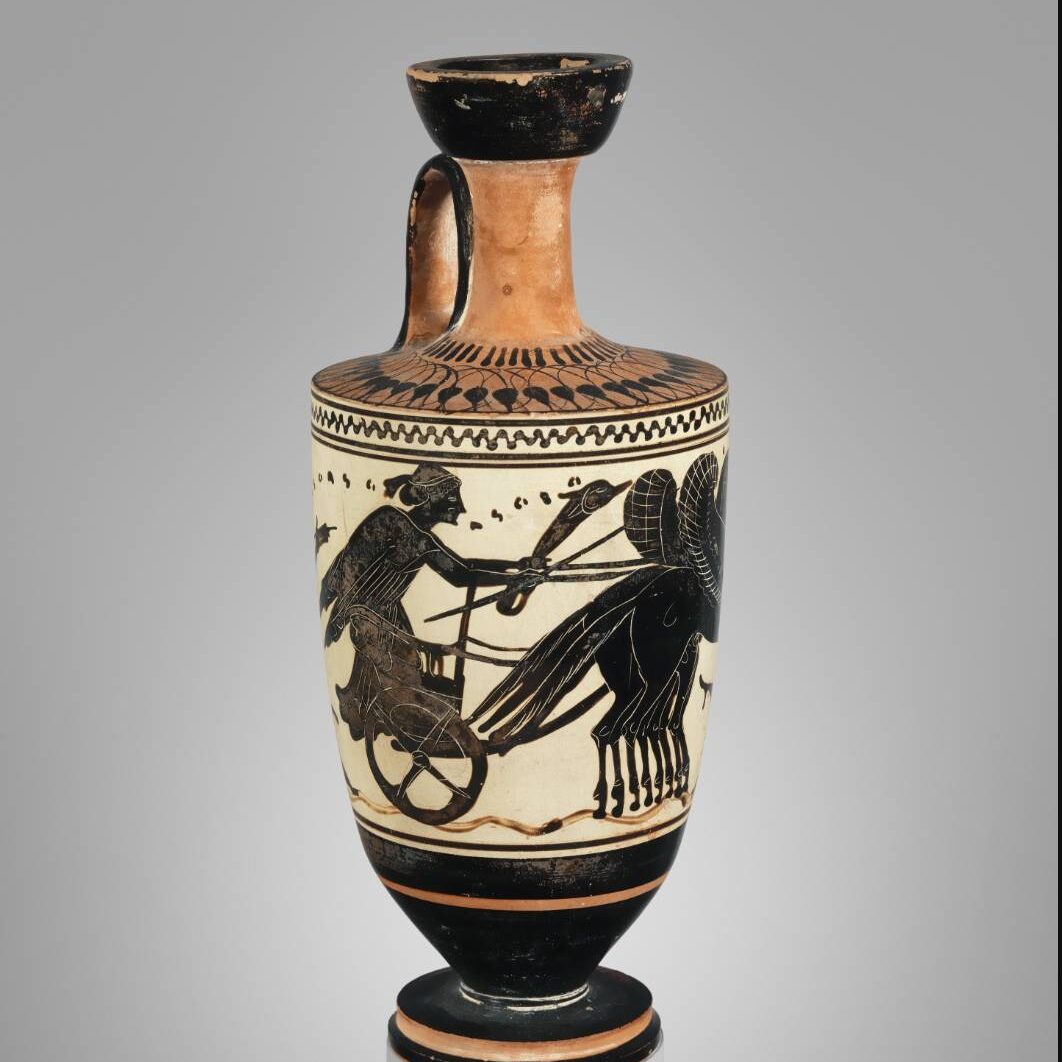
When asked about what courses I’m taking and I share the list, I’m often greeted with blank stares or curious expressions. The response I elicit is, “Why are you making life so hard on yourself?” And no, it’s not because I’m loading up on a truckload of courses like physics, math, chemistry, and computer science.
As a classics major-turned-premed, my schedule has me jumping from subject to subject across disciplines. My days consist of learning about synthesis reactions in organic chemistry in a massive lecture hall, and puzzling over Plato in ancient Greek with a circle of 7 classmates. My head spinning with Greek letters and grammatical constructions, I head for immunology, and then back again to read Latin literature. As STEM and humanities classes are often located on opposite sides of campus, I find myself trekking up and down Washington Road multiple times a day. Aside from getting my daily steps in, what exactly do I get for doing this?
I get perspective.
The worlds of my classes might seem worlds apart, but moving between them has expanded my way of seeing the world. In chemistry, I focus on mechanisms – how different elements interact, how reactions unfold with perfect, logical precision. In Greek and Latin, I fancy myself a detective, hunting for hidden clues masked in ancient literature to build, word by word, carefully crafting translations. I read ancient authors grappling with love, grief, libido, mortality, and violence. Bouncing back and forth among disciplines has made me more attuned to different modes of thinking: the abstract and the microscopic, the empirical and the philosophical. I learn facts in my STEM courses, while I practice and challenge myself to learn how to think, interpret, and understand in my humanities courses. And these skills build on each other: parsing sentences piece by piece in ancient Greek or Latin translates surprisingly well to the skills I use when I’m synthesizing organic molecules with a toolset of reactions in my head.
As Princeton students, we are given an extraordinary opportunity to expand our minds on intellectual endeavors before we go on to specialize in our careers. Whether we go into medicine, law, finance, policy, or any other field, at the end of the day, the simple degree we will hold will matter far more than any one thing we learned. I encourage you to branch out with your course selection. I don’t profess that everyone should be enrolling in obscure languages, but I do think that we would benefit from exploring humanistic and philosophic topics more deeply.
Studying philosophy and literature isn’t just an obsolete intellectual exercise – it’s training for how to deal with moral dilemmas we’ll inevitably face in our careers and lives. The best doctors, engineers, policy-makers, and financial analysts aren’t just proficient at their jobs; they have the skills to navigate ethical quagmires that come up with their line of work.
Not only will we have a heightened understanding of the world around us, but an interdisciplinary education cultivates a formidable combination of skills in students. STEM courses teach us how things work, but humanities courses teach us how to think. A combination of the two leads to potent intellectual agility. An ORFE engineer who studies literature might gain some understanding of human motivation that no economic model could capture. A computer scientist who’s studied political theory and history will have an increased awareness of the societal implications of their work. As a premed student myself, when caring for critically ill patients, Homer’s portrayal of Achilles’ suffering and grief will resonate with me far more deeply than learning how to calculate battery voltage in chemistry class.
I know it’s tempting to stick with courses that we think will directly contribute to our careers – but taking courses across disciplines equips us with skills that cannot possibly be learned from a single field. The challenges we’ll face in our careers – and in life – won’t come neatly packaged within a single discipline. They’ll require the precision of a scientist, the creativity of a writer, and reasoning skills of a philosopher. By stepping outside our comfort zone and engaging with different types of thinking, we become better problem-solvers and decision makers, ultimately equipping ourselves to become successful at our endeavors.
— Gabriel Ascoli, Humanities Correspondent

